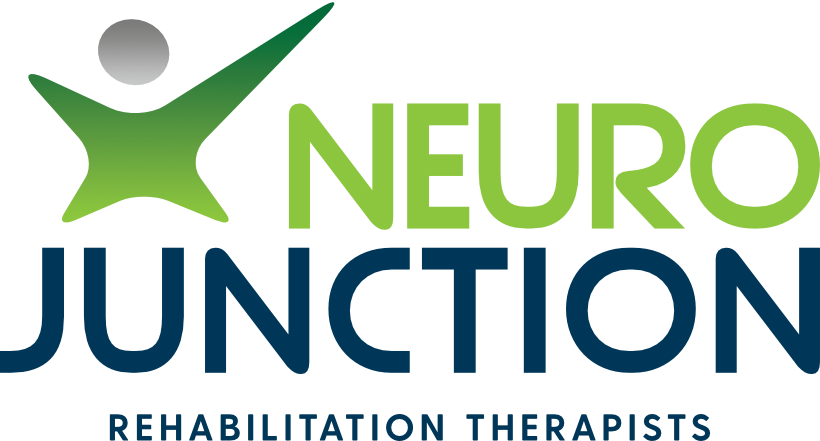Heart Health Month February 2023
Heart disease affects 2 in 3 Australians and still remains our leading cause of death. February is Heart Health Month so wear Red this Feb to raise awareness and help to change the future of heart disease.
Most modifiable risk factors for heart disease can be controlled with through exercise.
REGULAR EXERCISE ALSO CAN:
Improve the efficiency of the heart muscle
Improve blood circulation
Increase muscle strength and flexibility
Prevent muscle soreness and injury after exercise
Maintain a stable weight
Increase ‘good’ cholesterol levels
Have positive effects on insulin resistance (use of sugars)
Promote a sense of well-being
Reduce stress levels and improve mood
The Australian Government Department of Health guidelines recommend
Doing any physical activity is better than doing none. If you currently do no physical activity, start by doing some, and gradually build up to the recommended amount.
Be active every day in as many ways as possible, doing a range of physical activities that incorporate fitness, strength, balance and flexibility.
To raise awareness of these issues you can Wear Red in February.
For more information you can visit Heart Research Australia
It is always smart to be cautious of some signs and symptoms of heart attacks such as:
Discomfort or pain in the centre of the chest
Discomfort in the upper body (arm(s), shoulder(s), neck, jaw, back)
Feeling short of breath, nauseous, dizzy or light-headed, or having a cold sweat.
For more information you can visit Heart Research Australia #wearredanddonate #REDFEB #HROz #researchsaveslives #heartdiseaseawareness
REFERENCES
1. Australian Bureau of Statistics. (2021). Causes of Death, Australia. ABS. https://www.abs.gov.au/statistics/health/causes-death/causes-death-australia/2021.
2. Regmi, M., & Siccardi, M. A. (2022, August 8). Coronary artery disease prevention. National Center for Biotechnology Information. Retrieved November 16, 2022, from https://pubmed.ncbi.nlm.nih.gov/31613540/


